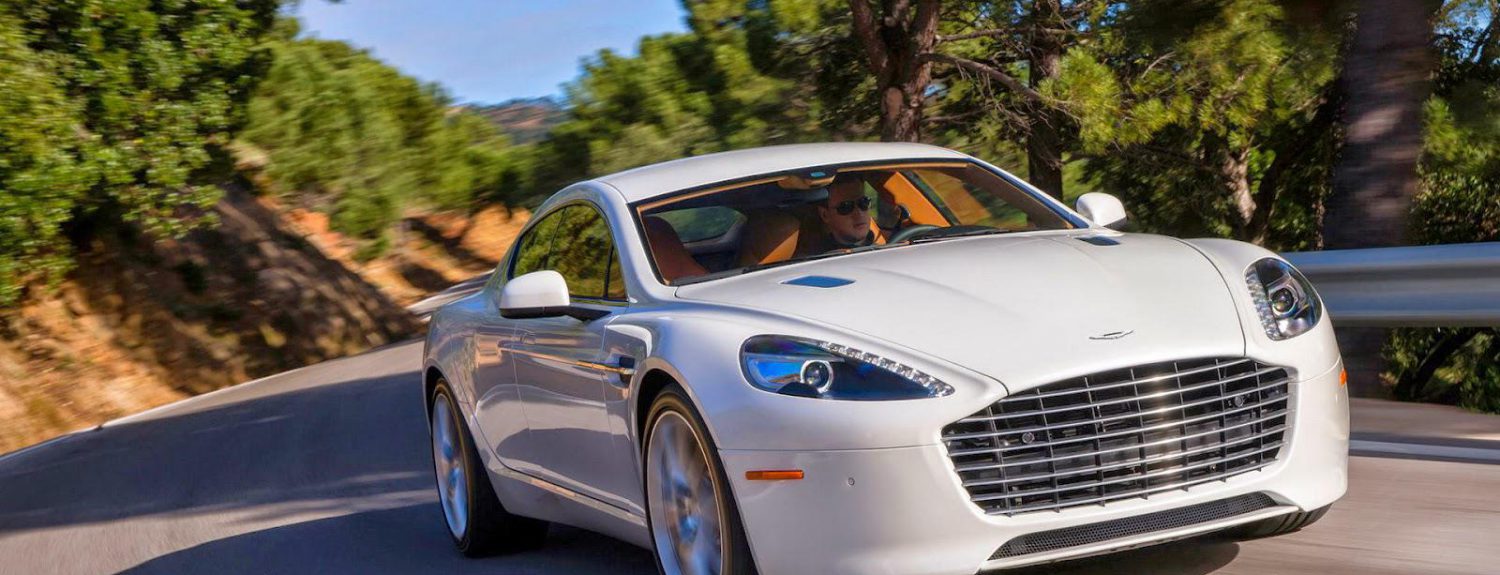car news australia
Student s award-winning graphene battery could slash electric-car charging times
Student’s award-winning graphene battery could slash electric-car charging times
A student engineer from the University of Sussex has won a national car industry award for designing a fresh battery that could revolutionise electrical vehicles.
Josh de Wit, a second-year mechanical engineering student, has won the Autocar-Courland Next Generation Award for two thousand sixteen with a concept that could dramatically reduce charging times for electrified vehicles.
This is a massive problem for the motor industry, with many considering the battery to be the thickest obstacle to electrical cars going mainstream. Existing batteries are big and powerful, take a long time to charge and run out quickly.
Josh’s design harnesses the remarkable qualities of graphene, a form of unspoiled carbon in sheets that are just one atom thick.
A car battery made with stacked graphene, says Josh, would take far less time to charge, store more energy and be cheaper, stronger and lighter than existing products.
This is because graphene has incredible conductivity, lightness and strength, and you would need to use far less of it than traditional materials.
Josh, who studies in the University’s School of Engineering and Informatics, is presently on placement with electric-motor company YASA. In the spring, he will begin a six-month work practice tour of some of the thickest names in the motor industry, including Honda, Jaguar Land Rover, McLaren, Nissan, Peugeot and Toyota.
He is also working with the University’s business incubator, Sussex Innovation, to develop a prototype and bring his stacked-graphene battery concept to market.
He said: “From the outset, this has been a challenging but rewarding practice and the mentoring programme has indeed helped me to develop my idea and thrust myself further.
“I’m now excited at the prospect of working with some of the world’s most renowned vehicle manufacturers, practice which I’ve no doubt will stand me in excellent stead for carving out a career after university.”
Autocar editor-in-chief Steve Cropley said: “If this award is anything to go by, the future is certainly bright for the automotive industry.”
Provided by: University of Sussex
Explore further
Toyota says fresh technology means longer battery life
Toyota Motor Corp. has developed a fresh way of observing the movements of little particles in batteries used to power electrified vehicles—an advance it says will help boost their cruise range by ten percent to fifteen percent.
Fast-charging everlasting battery power from graphene
Swinburne University researchers have invented a fresh, limber energy-storage technology that could soon substitute the batteries in our cars, phones and more.
Charging electrified vehicles cheaper and swifter
Researchers at Chalmers have developed a unique integrated motor drive and battery charger for electrified vehicles. Compared to today’s electrified vehicle chargers, they have managed to shorten the charging time from eight to .
Nissan announces next version of Leaf will go two hundred miles on a charge
(Tech Xplore)—Officials with Nissan have confirmed that the next generation Leaf will be able to travel over two hundred miles on a single charge. In speaking with Autoblog, Nissan VP of EV engineering Kazuo Yajima announced that .
Nissan Leaf electrified wins Japan car of the year
Japanese motor giant Nissan won Car of the Year Japan at the Tokyo Motor Demonstrate on Saturday for its Leaf electrified model, its makers said, the very first time an electrified vehicle has picked up the award.
Graphene is missing ingredient to help supercharge batteries for life on the stir
While our gadgets these days are permanently getting smaller and more powerful, the development of commercial batteries both petite enough and with sufficient capacity to feed their power-hungry requests has not fairly kept tempo.
